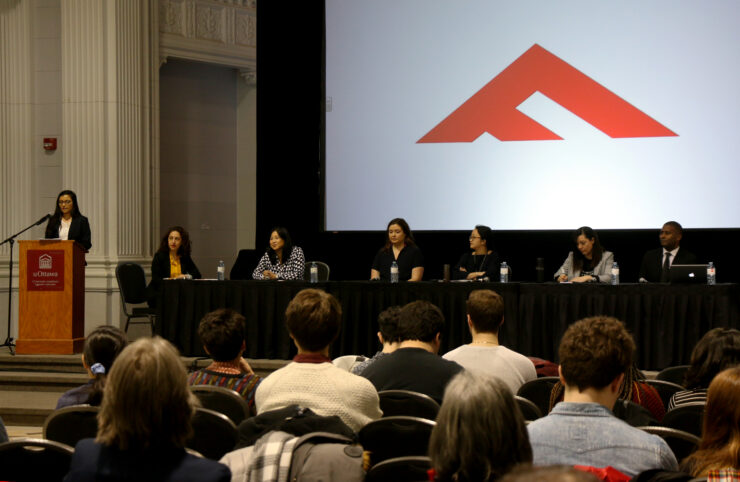Journalists’ rights not absolute, particularly in face of terrorism
Justice Ian MacDonnell of the Ontario Superior Court recently upheld an RCMP order that Vice News hand over all its communications between reporter Ben Makuch and Canadian citizen-turned ISIS fighter, Farah Shirdon. While Makuch argued that this ruling could make sources reluctant to come forward in the future.
Following his interview with Vice, Shirdon left Canada to fight with the Islamic State in Syria and Iraq. He is still at large and faces six terrorism related charges—the RCMP has issued a red notice for his capture and return to Canada to face trial.
As the court has determined, Shirdon’s social media messages with the Vice reporter are “important evidence in relation to very serious allegations” and are “highly reliable”—in other words, they could be key evidence needed for a conviction.
However, Ben Makuch has refused to hand over those messages with the ISIS fighter, alluding to the harmful precedents that such confidentiality violations would have on journalism—that it would discourage sources from speaking to journalists. Vice’s lawyers went even further, and called it a violation of press freedoms.
The fact is, production orders such as this are allowed under the Criminal Code of Canada. They can and have been used to seize a media outlet’s source material, under probable cause of course. Furthermore, in neither Canada nor the United States do reporters have any absolute right to keep their sources or source material confidential. This does not fall under the constitutional right of free expression or free press.
Still, the application of certain laws have recognized a reporter’s right to protect anonymous sources and their material when—and only when—a compelling reason to override that right hasn’t been provided by the court.
For example, in 2004, the Ontario Court of Appeals overruled a production order served to a Hamilton Spectator reporter that involved revealing a source in a civil trial. In this case, the courts found the reason for violating the source’s anonymity to be insufficient.
An anonymous source pertaining to a civil suit is a far less serious matter than potential evidence against a terrorist at large, as in the Vice reporter’s case.
Yes, the production order may be unfortunate for Vice News, considering the possible negative precedent and “chilling effect” it could have on journalism—an effect one can empathize with. However, we must realize that nothing is absolute and the courts exist for that very reason—and they have affirmed their right to override the protection of a source or source material on a case-by-case basis.
What’s more, even if it were a right protected by the Canadian Charter of Rights and Freedoms—which it’s not—Vice’s self-righteous concern for protecting its sources, in as grave a circumstance as this, seems frivolous in light of the far greater concerns at hand: those pertaining to terrorism and national security.
It doesn’t take an alarmist to consider a home-grown ISIS terrorist at large as a threat. Vice News and its reporter ought to comply with the production order and hand over their messages with ISIS fighter Farah Shirdon, either for the sake of the RCMP’s investigation or, at the very least, for the sake of respecting the court system.





